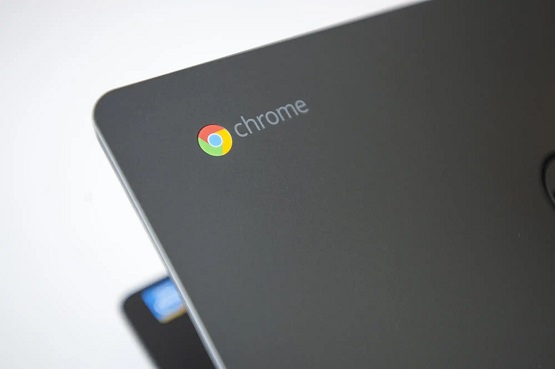Chromebooks are revolutionizing the computing industry. They’ve managed to carve out their niche in the portable computing arena, despite traditional laptops and high-quality tablets such as the iPad. Many consumers prefer a Chrome OS laptop to a lower-priced Windows laptop at the moment, hence the reason they are in high demand.

A traditional computer is no longer required.For most casual users, phones and tablets are more than adequate. Chrome OS PCs have larger screens and a full keyboard, but they’re still small and light.
SmartLock, which was a notable feature of the Chromebook, is clearly being phased out by Google. Customers might utilize SmartLock to login to a Chromebook via Bluetooth pairing with their Android phone.
According to entries in the Chromium Repository, however, Google believes that this function is useless to Chrome OS (via Chrome Story). The team used a tracker to see how many clients had SmartLock turned on, and when they saw that it wasn’t being utilized much, they rolled out an update that added a SmartLock login removal flag, as well as warning users who had formerly used the feature of the impending change.
SmartLock will be permanently disabled, but notfor an upgrade, according to a change remark. “We don’t need this subpage because we’re disposing of the login with the Sensible Lock function,” the message states. Because Google has yet to issue an official statement on the matter, it’s advisable not to take this information at face value.
Is SmartLock going to be missed? Although Chromebooks should operate quicker without it, it’s unlikely.
SmartLock may be on its way out, albeit few people will seem to notice if it does. If Google’s data is accurate, and the function was seldom utilized, getting a second function is unnecessary but potentially dangerous.
Something unnecessary and underutilized in a system having interlocking parts as well as alternatives, like computers, adds no value, but it forces the programmer, as well as the computer, to include that capability into whatever it’s doing.
If the Chromebook is continually searching for an Android phone to unlock it but seldom, if ever, finds one, it is squandering power and possibly battery life. Furthermore, superfluous options may impair or even upset the performance of other options, so maintaining a rarely utilized function available “just in case” isn’t worth it.While it isn’t confirmed that the SmartLock function will be deleted, it should be if it isn’t in use, as it may assist in improving Chromebook’s performance.









